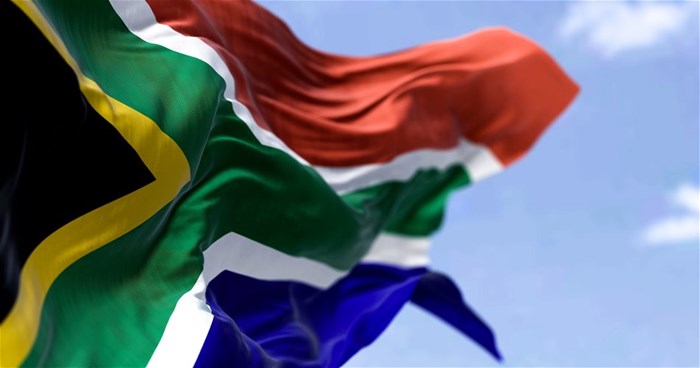As Freedom Day approaches, it is worth considering just how astounding the story is of Nyangani Tshabalala, says David Morobe, executive general manager: Impact Investing at Business Partners Limited. In any setting, the tale of the young entrepreneur whose initiative has helped thousands of students overcome their education deficit to gain access to higher education would be amazing. But in the South African context, his story is miraculous on so many levels, says Morobe.
Nyangani is the first of his family to go to university, where he obtained a Degree in Applied Mathematics and Physics - an achievement intentionally denied to black South Africans as little as just over 30 years ago. He focused his entrepreneurial talents on helping poor, educationally deprived South Africans gain access to the best higher education on the continent. He founded the Institute For Applied Sciences and Commerce (IFASCO), a programme through which school leavers are given a second chance at passing matric or achieving matric exemption. In the few years since its start in 2019, thousands of IFASCO graduates have won government bursaries to study at universities.
“A generation ago it was scarcely thinkable that a huge government bursary scheme would be accessible to all South Africans, let alone that a private college like IFASCO could be founded by a black entrepreneur to help open up an education system and an economy that barred his forefathers,” says Morobe.
Today, Nyangani is but one example of the massive unlocking of South Africa’s entrepreneurial talent that started in 1994 with the enormous impact of freedom of movement, trade and association. For the first time, South Africans could do business wherever and with whomever they wanted. Many contemplated starting a business for the first time where previously their only prospect was finding and holding on to a menial job. The internal South African market expanded dramatically, and the world opened to South African goods and services. Tourist numbers soared, leading to a vibrant and still growing industry that provides opportunities and jobs to hundreds of thousands of small businesses and thereby alleviate the plight the many who are discouraged job seekers.
As Morobe asserts, “The new common citizenship experienced for the first time by all South Africans started building levels of trust that is so important to a thriving economy. This was boosted early on by symbolic events such as South Africa’s win in the 1995 Rugby and later by hosting a successful Soccer World Cup in 2010. Communities and citizens everywhere started exercising their voice to influence government policy and push it in the direction of economic advancement.”
Today, South Africans are starting to pluck fruits from the harder-to-reach branches on the tree of freedom. The results of access to quality education are evident in the work and achievements of young entrepreneurs like Nyangani. And throughout South Africa, Business Partners Limited is financing property and long-term assets for entrepreneurs, many of whom are the first in their family to start building inter-generational wealth.
Thirty years on, there can be no doubt that South Africa’s community of business owners has helped develop and shape the content of the nation’s freedom and is still doing so by driving economic activity, creating jobs and building wealth. Where government struggles and falters in areas such as load shedding and municipal dysfunction, entrepreneurs step into the breach by driving solar installations and providing innovative services - and as active citizens they continue to put pressure on the authorities to deliver the democratic dividend.
As Morobe concludes, “Without their creativity and ability to turn adversity into opportunity, the calamity of the Covid-19 pandemic and other natural disasters would have been so much harder to overcome. Just as we clearly need to be grateful to the struggle stalwarts and peacemakers that gave us Freedom Day, we must celebrate our community of entrepreneurs as one of South Africa’s greatest assets.”





























